Los Angeles Superintendent Praised By Gavin Newsom Placed On Leave Following FBI Raid
Los Angeles schools were thrown into chaos after the FBI raided the home and office of embattled Superintendent Alberto Carvalho in connection with a widening investigation into a $6 million deal between the nation's second-largest school system and an AI startup. Days later, the district’s board put him on paid administrative leave (he makes $440,000 a year).
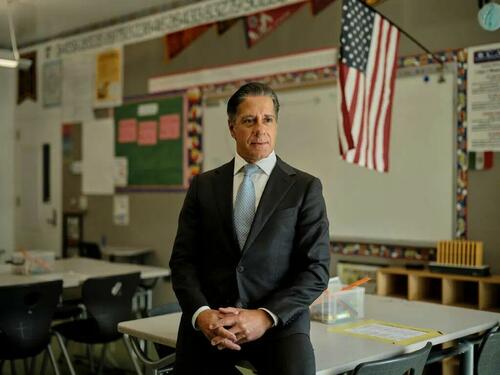 The F.B.I. raided the home of Alberto M. Carvalho, superintendent of the Los Angeles Unified School District, and the district offices on Wednesday. Credit...Philip Cheung for The New York Times
The F.B.I. raided the home of Alberto M. Carvalho, superintendent of the Los Angeles Unified School District, and the district offices on Wednesday. Credit...Philip Cheung for The New York Times
According to federal officials, the agency executed a series of search warrants which included Carvalho's home - during which they seized Carvalho’s work phone and other devices during Wednesday’s raid, according to district insiders. By Friday, the Board of Education voted unanimously to sideline him. Veteran administrator Andres Chait, the district’s chief of school operations, will step in as interim superintendent.
At the center of the FBI probe is a collapsed ed-tech startup called AllHere, which was given a $6 million LAUSD contract to build an artificial intelligence chatbot named “Ed,” pitched as a revolutionary tool to “democratize education.” Carvalho personally championed the project after arriving in Los Angeles in 2022, touting it at tech conferences as a game-changing way for students and parents to stay connected.
And of course, the bot was bullshit, and AllHere's founder - Joanna Smith-Griffin, now faces federal fraud charges for allegedly inflating revenues and exaggerating the company’s client base. The criminal case remains unresolved as both sides discuss a possible deal, court records show.
Sources familiar with the investigation say the federal probe appears to have expanded beyond AllHere’s collapse to examine Carvalho’s dealings with Debra Kerr, a consultant who helped connect the startup with school districts. Kerr, a longtime associate of Carvalho dating back to his tenure running Miami-Dade County Public Schools, also had her Florida home searched this week.
District officials insist LAUSD itself does not appear to be a target and say earlier internal reviews found no criminal wrongdoing by Carvalho. But as part of its cooperation with federal authorities, the district has now ordered an additional outside review of contracting decisions made under his leadership.
Carvalho’s paid leave is expected to last at least a month.
From Undocumented Migrant to Immigration CrusaderCarvalho spent 13 years leading Miami-Dade schools, and has been an outspoken advocate for immigrant students, frequently recounting his own story as an undocumented immigrant from Portugal who later became a U.S. citizen.
He's also had his own rough patches. In 2008, leaked emails suggested an inappropriate relationship with a reporter covering Miami schools - which he denied, though he acknowledged the emails themselves were inappropriate.
In 2018, he famously accepted the top job running New York City’s massive school system - only to dramatically reverse course on live television and remain in Florida.
And of course, California governor Gavin Newsom loves him...
Just weeks ago, Gavin Newsom took a moment out of his State of the State address to make sure everybody knew about all the amazing work LAUSD Superintendent Alberto Carvalho was doing.
— Kevin Dalton (@TheKevinDalton) February 25, 2026
So it is quite fitting that the FBI is raiding Carvalho’s home today. https://t.co/Jz5SensnL2 pic.twitter.com/awdNKJfb9f
And in Los Angeles, he has faced criticism from multiple fronts. Within a year of his arrival, he dismantled programs championed by his predecessor, Austin Beutner. Last year, Beutner and several students sued the district, alleging more than $76 million in art and music education funds had been misused.
Tyler Durden Tue, 03/03/2026 - 19:40

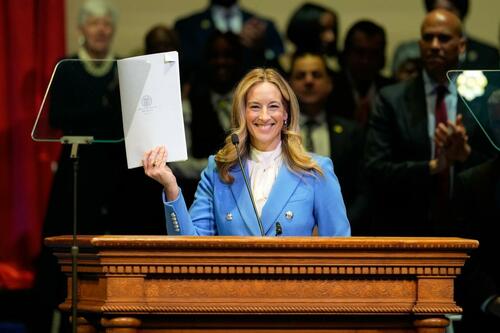


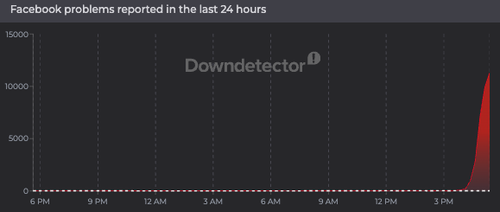
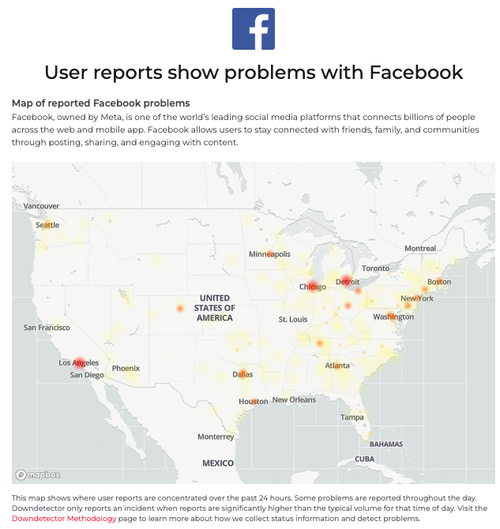

 The manufacturing facilities of the Independent Can Company in Belcamp, Md., on June 25, 2025. Ryan Collerd/AFP via Getty Images
The manufacturing facilities of the Independent Can Company in Belcamp, Md., on June 25, 2025. Ryan Collerd/AFP via Getty Images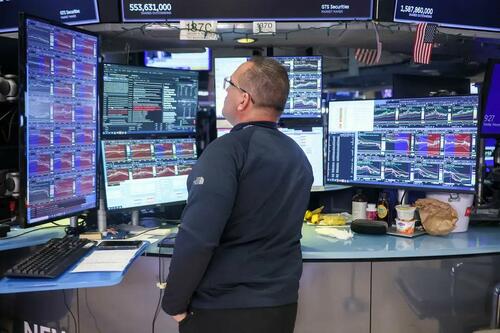 Traders work on the floor of the New York Stock Exchange during morning trading in New York City on Feb. 24, 2026. Strong corporate earnings, technological innovation, and a positive economic outlook have contributed to the US stock market’s appeal. Michael M. Santiago/Getty Images
Traders work on the floor of the New York Stock Exchange during morning trading in New York City on Feb. 24, 2026. Strong corporate earnings, technological innovation, and a positive economic outlook have contributed to the US stock market’s appeal. Michael M. Santiago/Getty Images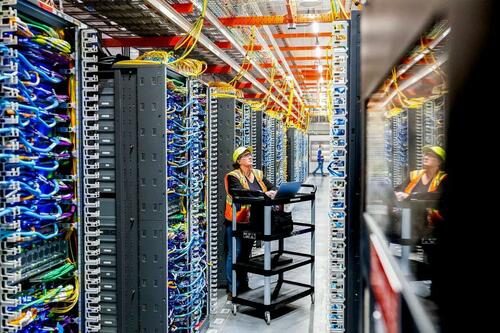 A technician works at an Amazon Web Services AI data center in New Carlisle, Ind., on Oct. 2, 2025. The United States has outpaced many advanced economies in growth and productivity over the past year, with some analysts describing the momentum as the start of a new industrial revolution. Noah Berger/Getty Images via Amazon Web Services
A technician works at an Amazon Web Services AI data center in New Carlisle, Ind., on Oct. 2, 2025. The United States has outpaced many advanced economies in growth and productivity over the past year, with some analysts describing the momentum as the start of a new industrial revolution. Noah Berger/Getty Images via Amazon Web Services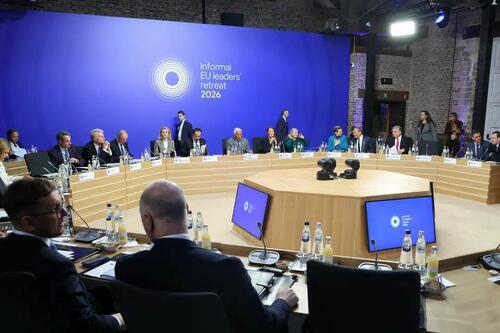 European leaders take part in a meeting as they attend the Informal EU Leaders’ Retreat in Alden Biesen, Belgium, on Feb. 12, 2026. While US productivity has increased rapidly since 2019, productivity growth in the UK and eurozone has remained mostly stagnant, recent data shows. Ludovic Marin/AFP via Getty Images
European leaders take part in a meeting as they attend the Informal EU Leaders’ Retreat in Alden Biesen, Belgium, on Feb. 12, 2026. While US productivity has increased rapidly since 2019, productivity growth in the UK and eurozone has remained mostly stagnant, recent data shows. Ludovic Marin/AFP via Getty Images US Vice President JD Vance (3rd L) tours Hatch Stamping in Howell, Mich., on Sept. 17, 2025. US manufacturing activity expanded in January for the first time in 12 months. Jeff Kowalsky/AFP via Getty Images
US Vice President JD Vance (3rd L) tours Hatch Stamping in Howell, Mich., on Sept. 17, 2025. US manufacturing activity expanded in January for the first time in 12 months. Jeff Kowalsky/AFP via Getty Images
 Cue death squads. Illustrative Fallujah fighting, via EPA
Cue death squads. Illustrative Fallujah fighting, via EPA

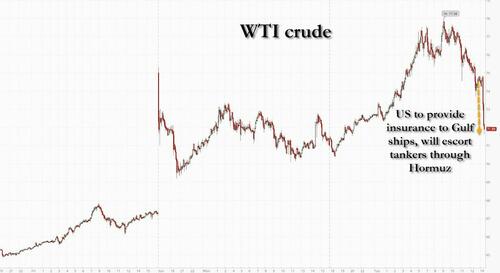
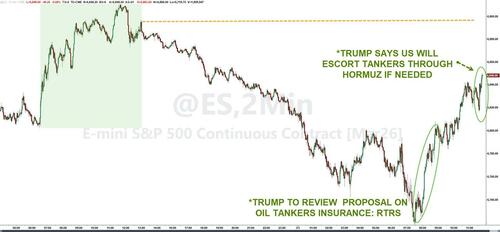

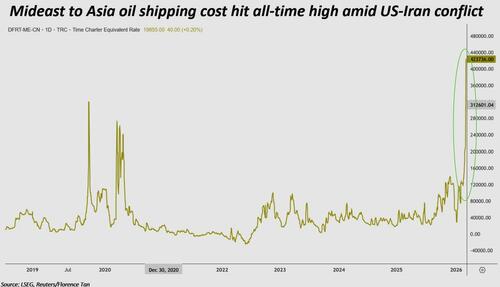
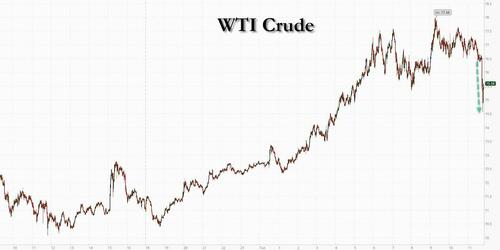
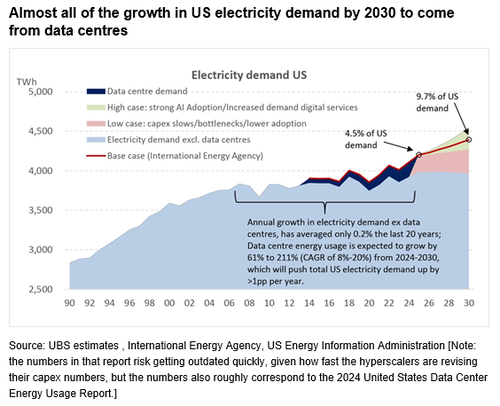
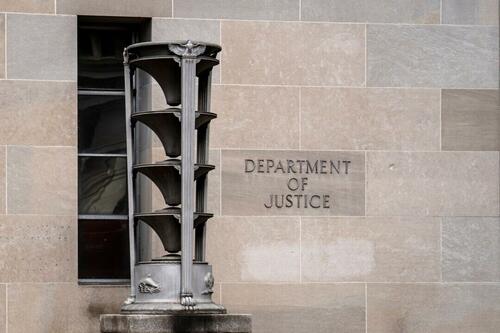


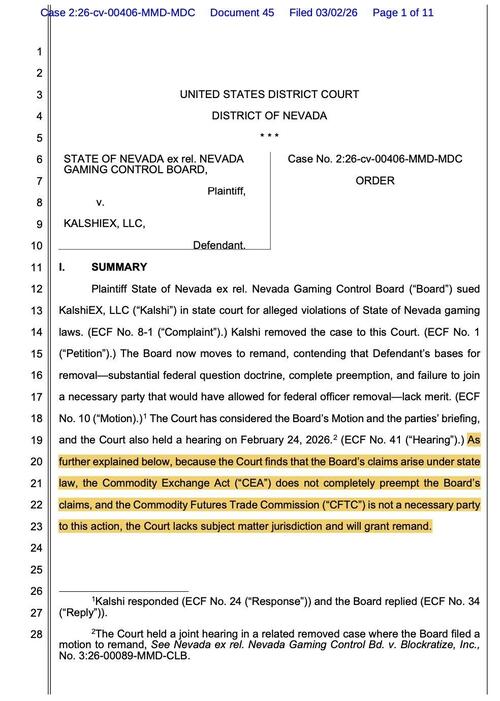

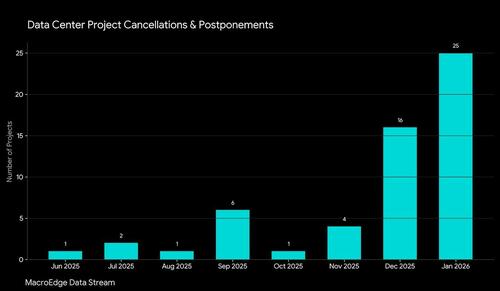
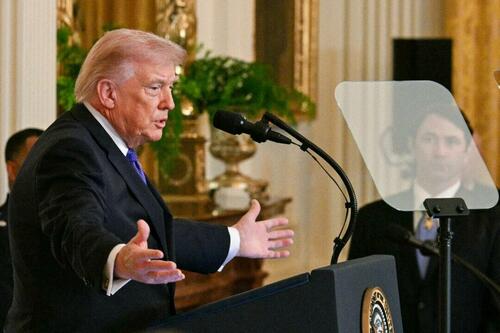
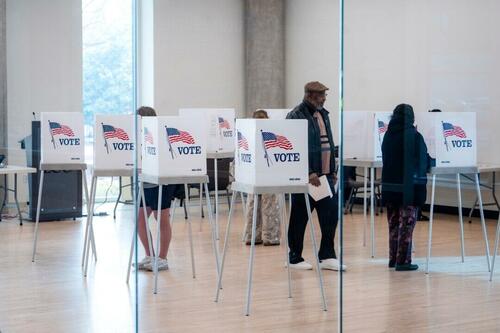


 via Reuters
via Reuters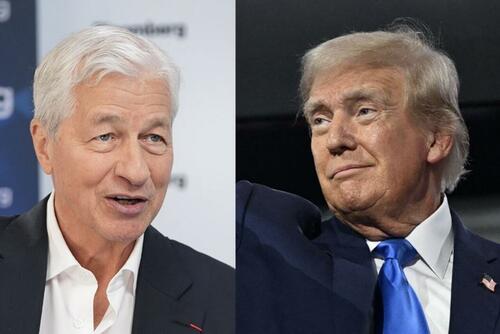
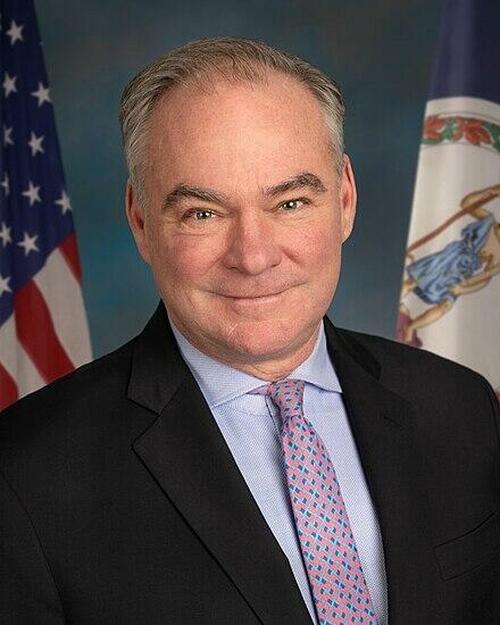
Recent comments